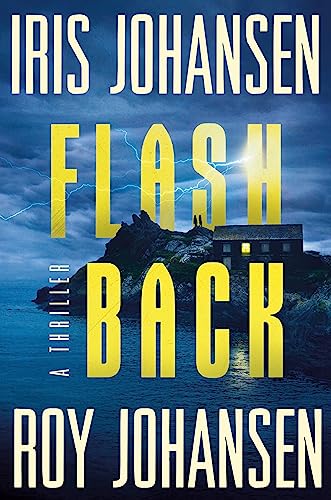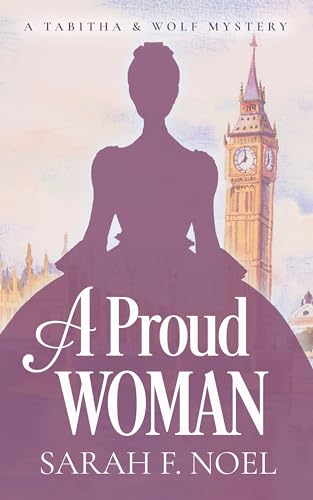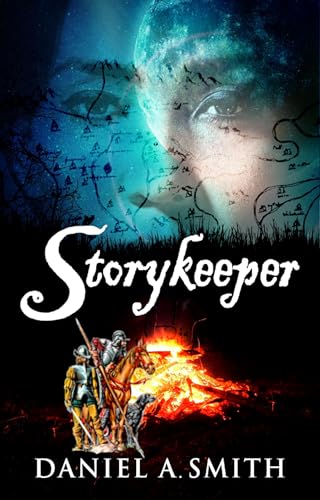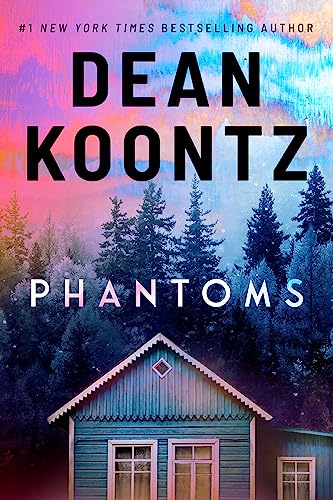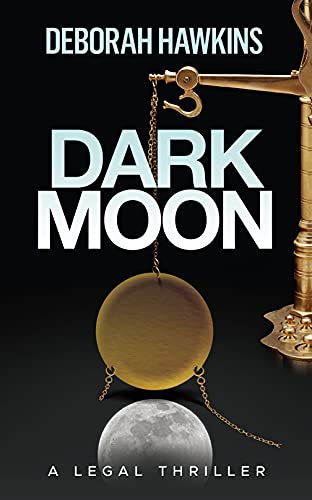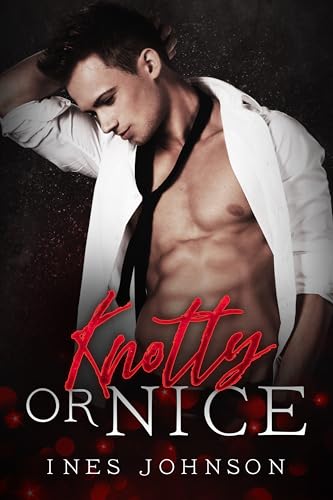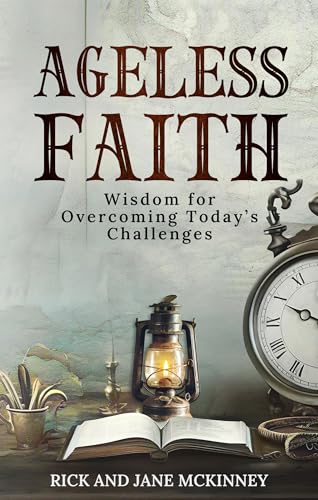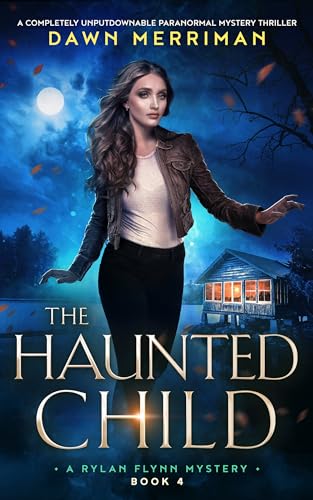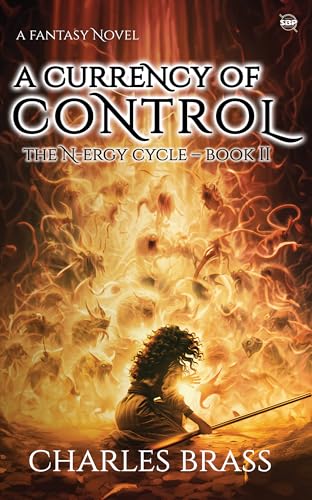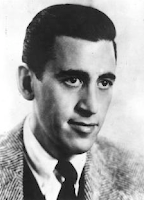By Stephen Windwalker
- Originally posted February 3, 2010 at Kindle Nation Daily – © Kindle Nation Daily 2010
Peruvian author Alvaro Vargas Llosa, the son of The Real Life of Alejandro Mayta author Mario Vargas Llosa
, has an interesting if politically twisted piece on the web today under the title “Holden Caulfield vs. Steve Jobs,” and it ends with this overreachingly clever effort to impose context where it might not naturally be found:
“How ironic that you will soon be able to read masterpieces on adolescent alienation such as ‘The Catcher in the Rye
‘ on an iPad tablet, a monument to youthful liberation.”
Among the problems with that closing line? It’s reality-challenged.
As thousands of Kindle owners found to their great disappointment following J.D. Salinger’s death last week, neither The Catcher in the Rye nor any of Salinger’s three other books
are available in ebook form.
Nothing against Salinger, of course. His four thin volumes of fiction are in good company, joined by much of the best work of many of the finest writers of the past several decades in being unavailable in the Kindle Store or in any other ebook platform. And it is highly unlikely that these wonderful books are about to show up in Apple’s yet-to-be-opened iBooks store, or anywhere else, unless they are also made available to Kindle readers.
Too bad, eh? But let’s take a look at how this could be. It’s not Amazon’s doing.
Not surprisingly, in the Simba Information survey about which we reported here this morning, the unavailability of backlist titles by their favorite authors showed up as one of the major annoyances shared by Kindle owners with the current state of ebook selection.
Naturally Amazon would love to see these books added to the Kindle Store, but for that to happen they must be provided in digital form for the Kindle platform.
By the publishers, if they own the copyright. And if the publishers do not own the copyright, the rightsholders are in the perfect position either to deal directly with Amazon and other ebook platforms or to work through a company finely attuned to the needs and opportunities of the 21st century book publishing world, such as the Open Road Integrated Media venture created last year by Jane Friedman and Jeffrey Sharp “to use technology to bring the literary giants of yesteryear to a new generation of readers and along the way to introduce new stars.”
If they build these ebooks, readers will come. “They” in this case could mean authors, publishers, or survivors and estates, whoever owns the rights. “Readers” in this case refers primarily for now to Kindle readers, since it is Kindle readers for the most part who are buying the lion’s share of ebooks, but there is plenty of room for newcomers to the party, regardless of device or platform.
Some of these titles are out of print, because the economics of maintaining print-edition inventory for backlist titles are rather difficult given the costs of production, warehousing, fulfillment, and returns, but almost all remain “in copyright.” But the economics of using new technologies to provide backlist are compelling indeed:
- Priced at $7.99 in the Kindle Store, many of these books would sell briskly.
- With the 70 percent “royalty” or “commission” that Amazon expects to pay under either the publishers’ newly beloved “agency model” or Amazon’s own recently announced Digital Text Platform structure, publishers would receive $5.59 per download, so that authors or estates would receive at least $1.45 per download. The only other costs involved are the manageable one-time costs of digitization and formatting. (Isn’t that what smart interns are for?)
- By comparison, for traditionally printed paperback print copies sold at $12, publishers would receive $6 from distributors and retailers, and over half of that would be eaten up by the costs of production, warehousing, fulfillment, returns, and the dollar or so per copy that would flow through to authors or estates.
- For titles that publishers wished to keep in print with respect to their print editions, relatively new print-on-demand services such as CreateSpace would allow them worldwide fulfillment to bookstores, libraries, wholesalers, and online retailers at zero front-end expense and far better margins than are available to most publishers, via technologies similar to those that major music labels are using to restore their out-of-print catalogues and produce and sell them widely and profitably.
As everyone who has read Chris Anderson’s The Long Tail understands, the future of just about any content business lies in broadening the catalogue and achieving economies of scale and access that allow profitability even when annual sales of particular items amount to a few thousand or a few hundred units. Backlist book classics are the perfect fit for this model with technologies that exist today. Perhaps the Big Six publishers have their own reasons for failing to seize these opportunities, such as a desire to avoid doing anything to make but it is a betrayal not only of their backlist authors and the reading public but also of the publishers’ own self-proclaimed role as gatekeepers and arbiters of quality.
The upside, of course, is the creation of a strong and steady new revenue stream for an industry that is working hard these days to convince us that it is dying at the hands of the same companies and media that would be its willing and generous partners in the creation of that new revenue.
What are we missing? Just to give you a taste, here in no particular order are a few titles from one man’s list of possibilities, books for which the lack of ebook access is, in my eyes, a crime:
Catcher in the Rye, Nine Stories
, and Franny and Zooey
by J.D. Salinger
The Last Picture Show by Larry McMurtry
The Complete Stories by Flannery O’Connor
A Summons to Memphis and The Flying Change
by Henry Taylor
The Color Purple by Alice Walker
The Good Mother by Sue Miller
The Spy Who Came in From the Cold by John le Carre
Invisible Man by Ralph Ellison
Advertisements for Myself by Norman Mailer
The Mambo Kings Play Songs of Love by Oscar Hijuelos
The Moviegoer by Walker Percy
Selected Stories by Alice Munro
The Laughing Policeman by Per Wahloo and Maj Sjowall
Like I say, just a few off the top of my own idiosyncratic noggin. Get a few hundred Kindle owners together and the list of quality entries would quickly climb into the thousands. And with Kindle owners having already distinguished themselves as the most voracious group of book buyers and readers on the planet, that would mean millions for the publishing industry, and for the authors or their survivors.
What are some of the titles that you would like to see brough back to life for the Kindle?

